Citroen eC3 Scores 0-Star Safety Rating in Global NCAP Crash Test: Watch Video
The Citroen eC3 received a zero-star rating for adult occupant protection with 20.86 points out of 34, while it got 10.55 points out of 49 in the child occupant protection test.
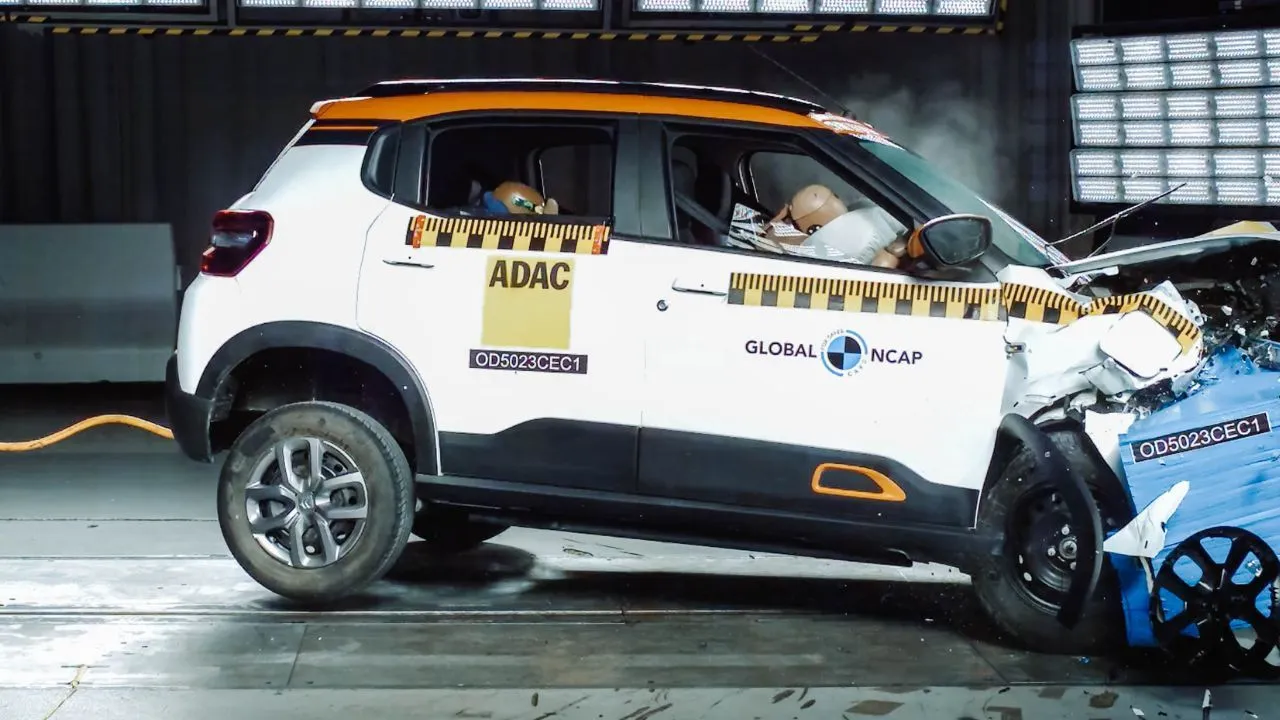
The Citroen eC3, based on the C3 hatchback, hit the Indian market in 2023. A new top-end variant was added to the model lineup in January 2024. Now, the results of the latest crash test from Global NCAP (New Car Assessment Programme) have revealed that the firm's first electric hatchback in India received a zero-star rating for adult occupant protection with 20.86 points out of 34. However, it scored one star for child occupant protection. The model got 10.55 points out of 49 in this category. The car being evaluated was an India-spec version equipped with two frontal airbags, a belt load limiter, and a seatbelt reminder for the front occupants. There weren't seatbelt pretensioners, ISOFIX child seat anchorages, and side airbags.
Citroen eC3: Adult Occupant Crash Test Results
Global NCAP pointed out that the hatchback exhibited 'poor' protection to the passenger’s chest, 'weak' protection to the driver’s chest, and 'good' protection to the driver's and passenger's head and neck in the frontal impact test. It further noted that the driver's knees, which were protected marginally, could be impacted by dangerous structures behind the dashboard.
As for the side impact test, the eC3 offered 'good' protection to the abdomen and pelvis, while the head and chest showed marginal and adequate protection, respectively. According to GNCAP, the difference between front and side impact made the car lose one star in the overall result. Also, the footwell area was rated as unstable. Having said that, the bodyshell was stable and could withstand additional loads.
Global NCAP did not perform the side pole impact test because the vehicle lacked side head protection systems (as a matter of fact, it's not even an option). In addition, electronic stability control (ESC), a minimum requirement, was not present.
Citroen eC3: Child Occupant Crash Test Results
As far as child occupant protection goes, the hatchback received 10.55 points out of 49. This includes a child restraint system (CRS) installation score of 2.64 points and a dynamic score of 7.91 points. GNCAP used a 3-year-old child dummy that was positioned on the forward-facing child seat with the adult seatbelt. During the test, the child seat could not prevent excessive forward exposure and head contact with the vehicle interior, observed the testing body.
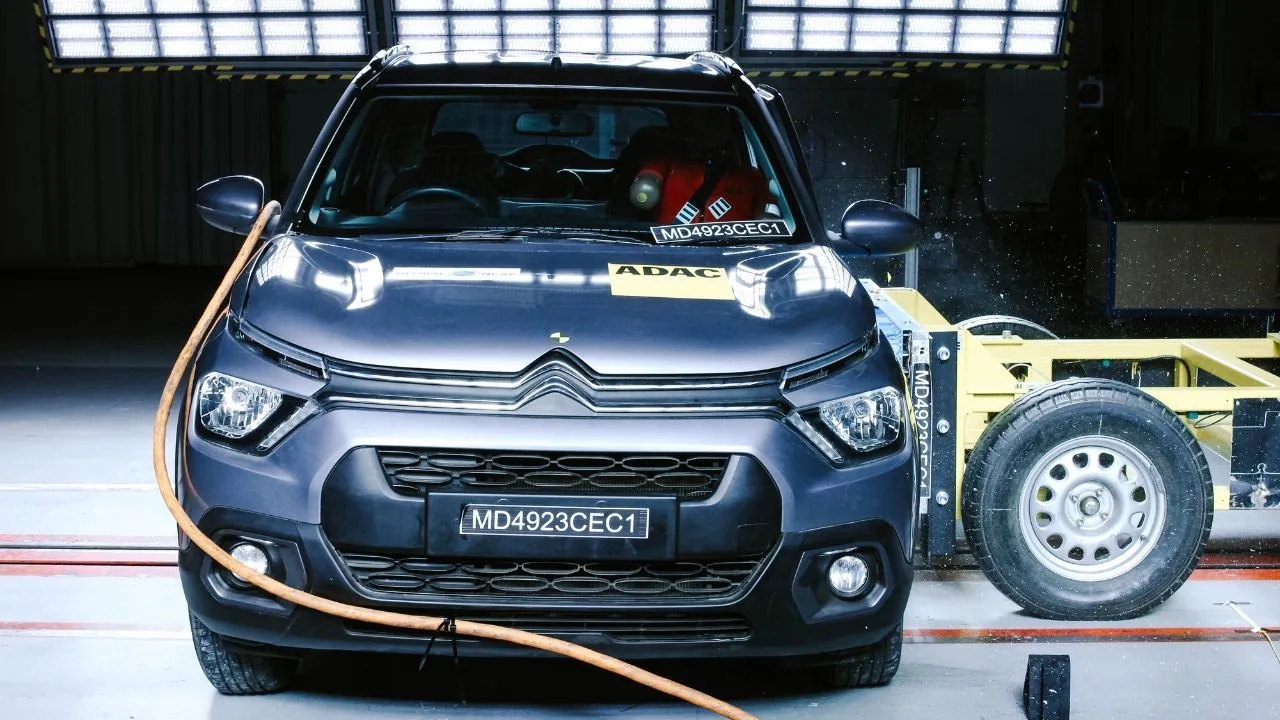
In addition, the 18-month-old child dummy was also tested. This dummy was placed on the rear-facing child seat using the adult seatbelt, which provided almost full protection. In the side impact test, however, the head was exposed resulting in poor crash performance. The test model lacked a passenger airbag disconnection switch and three-point seatbelts for all passengers. It offered only one position suitable for a universal child seat.
Citroen eC3 Crash Test: Comments from Global NCAP and Stellantis
Alejandro Furas, Global NCAP Secretary General, said, "This is an appalling result from Stellantis. PSA was once a leader on safety, but now, as part of the Stellantis group, the manufacturer appears to have taken a major backward step".
"We hope that this apparent negative trend is corrected globally as a matter of urgency."
Meanwhile, Stellantis commented on the matter, saying, “Stellantis confirms its vehicles comply with all current local market regulations and its commitment to safety with six airbags and additional safety features as standard across products in India during the second half of the year.”
Citroen eC3: Other Details
The Citroen eC3 is among the last few cars to be tested under the 'Safer Cars For India' programme as the Bharat New Car Assessment Programme (Bharat NCAP) is already in place. Two of these cars tested are the Tata Safari and Harrier facelifts, which scored a 5-star safety rating in the Global NCAP crash test on October 17, 2023.
Under the hood, the Citroen eC3 gets a 29.2kWh battery pack that powers a front axle-mounted electric motor. The motor makes 56bhp and 143Nm of peak torque, resulting in a 0 to 60km/h sprint time of 6.8 seconds and a top speed of 107km/h. The Citroen eC3 has an ARAI-claimed range of 320km, and it gets two driving modes – Eco and Standard – along with regenerative braking.
As of now, the electric hatchback comes in two variants – Feel and Shine, priced between Rs 12.70 lakh and Rs 13.50 lakh (ex-showroom). The latter is the recent addition to the model lineup.
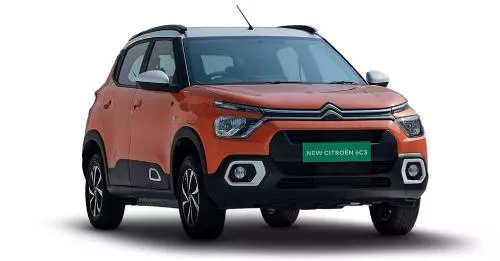
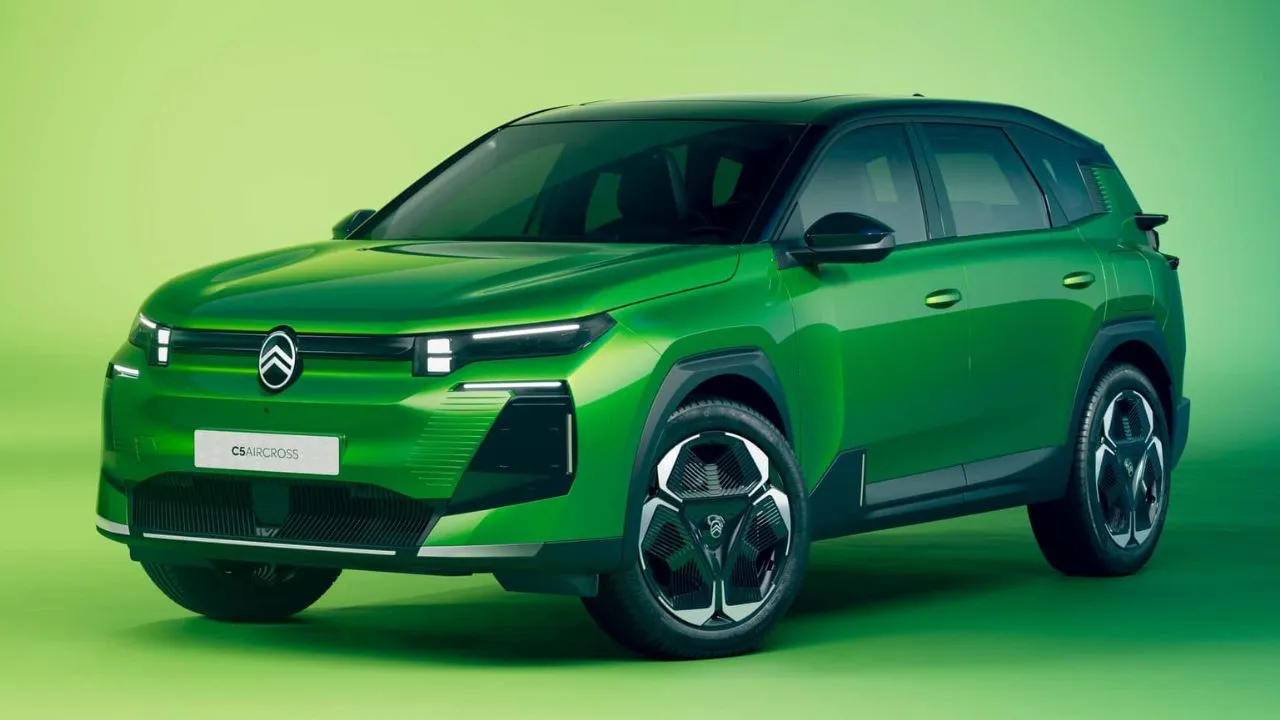
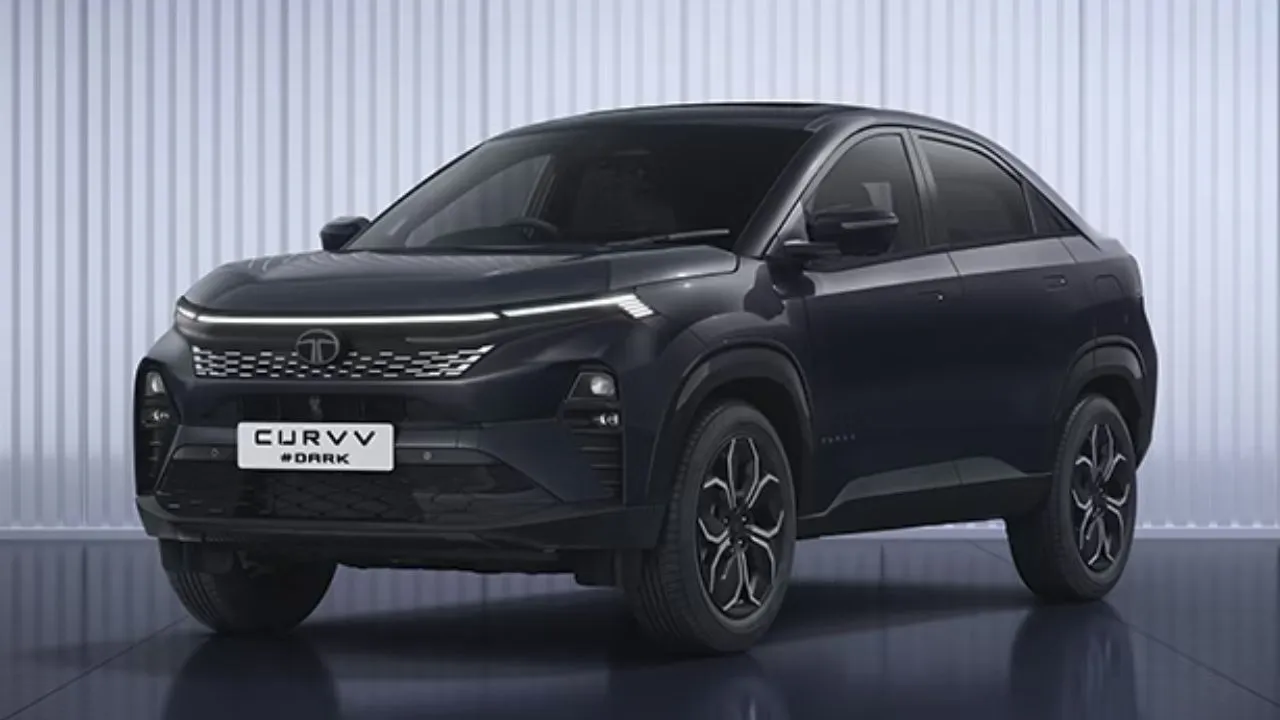
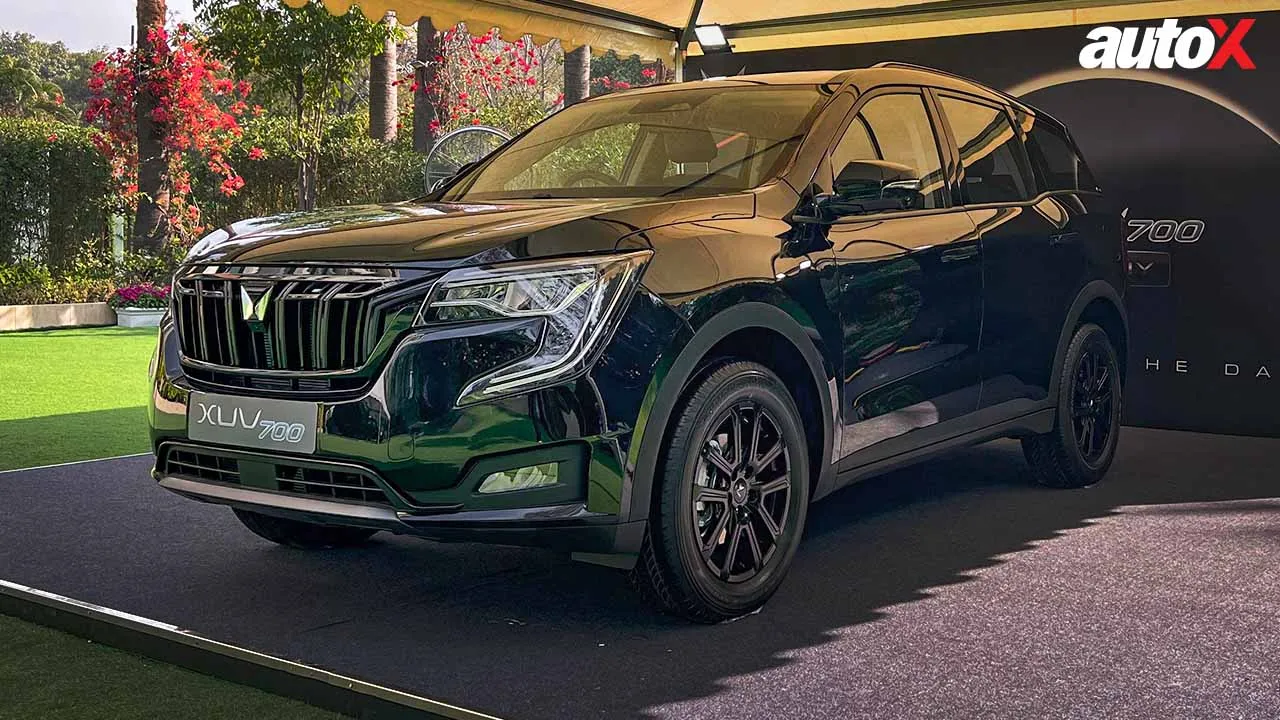

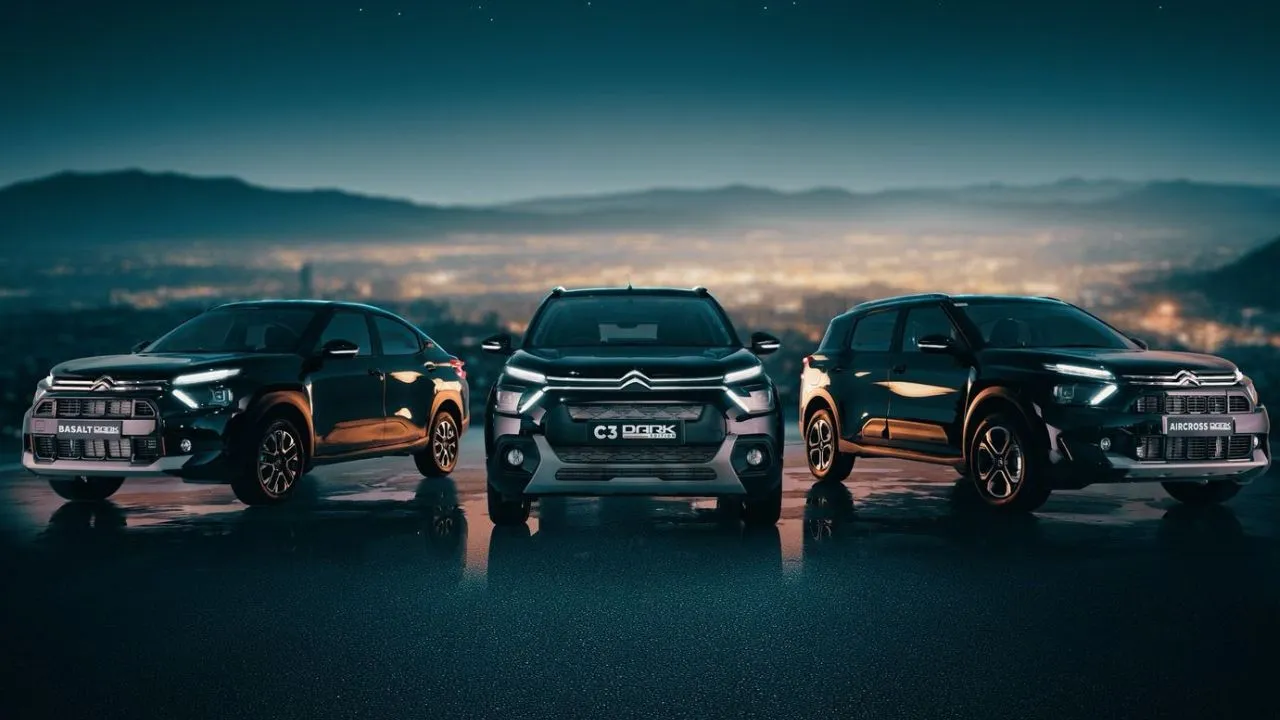

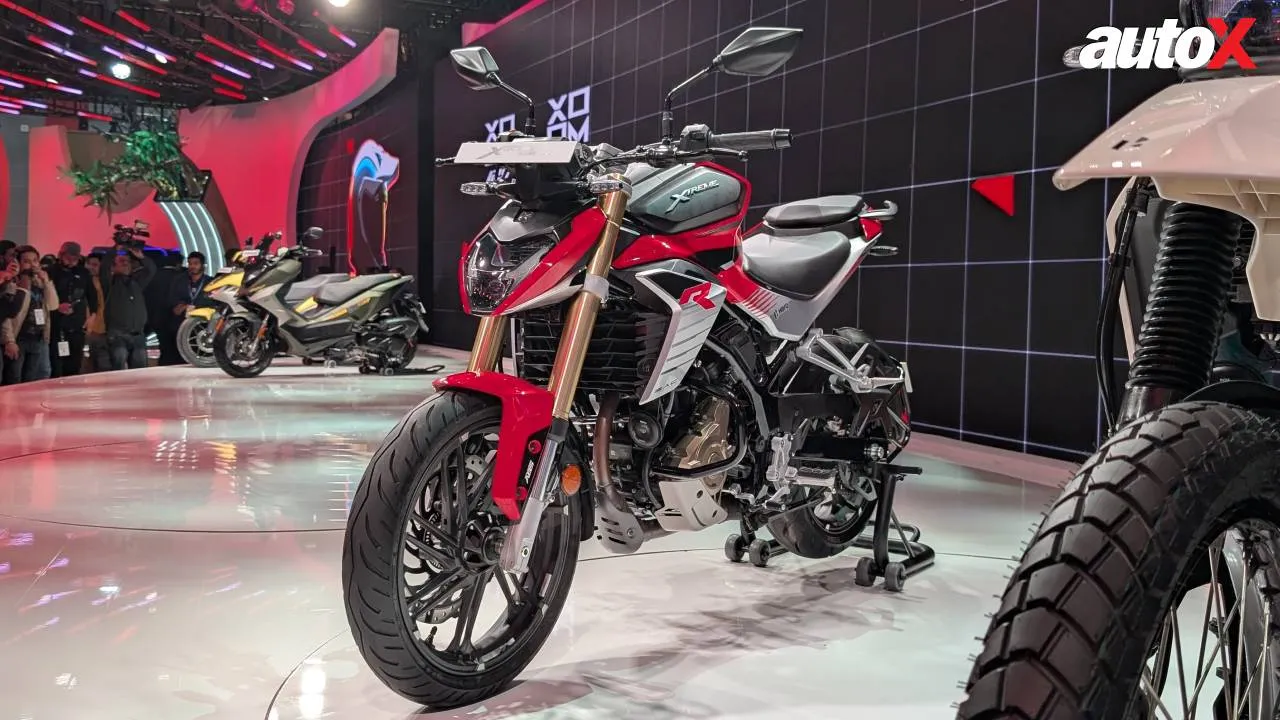
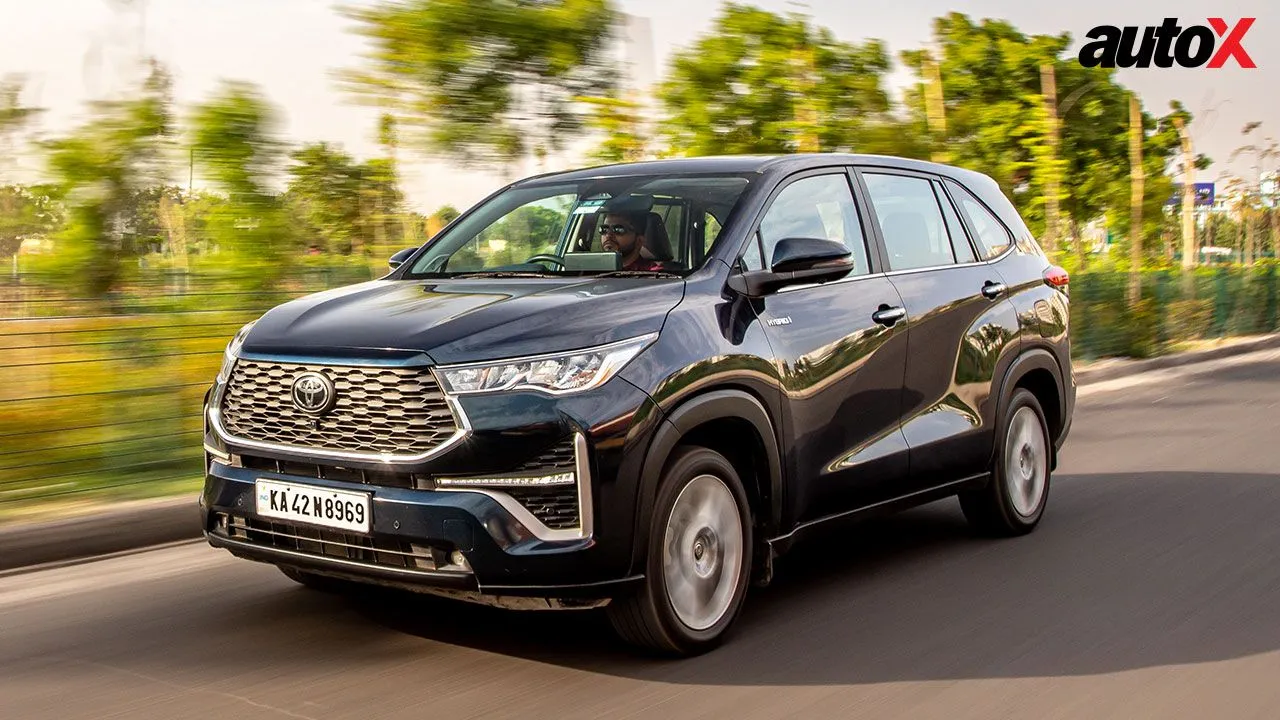
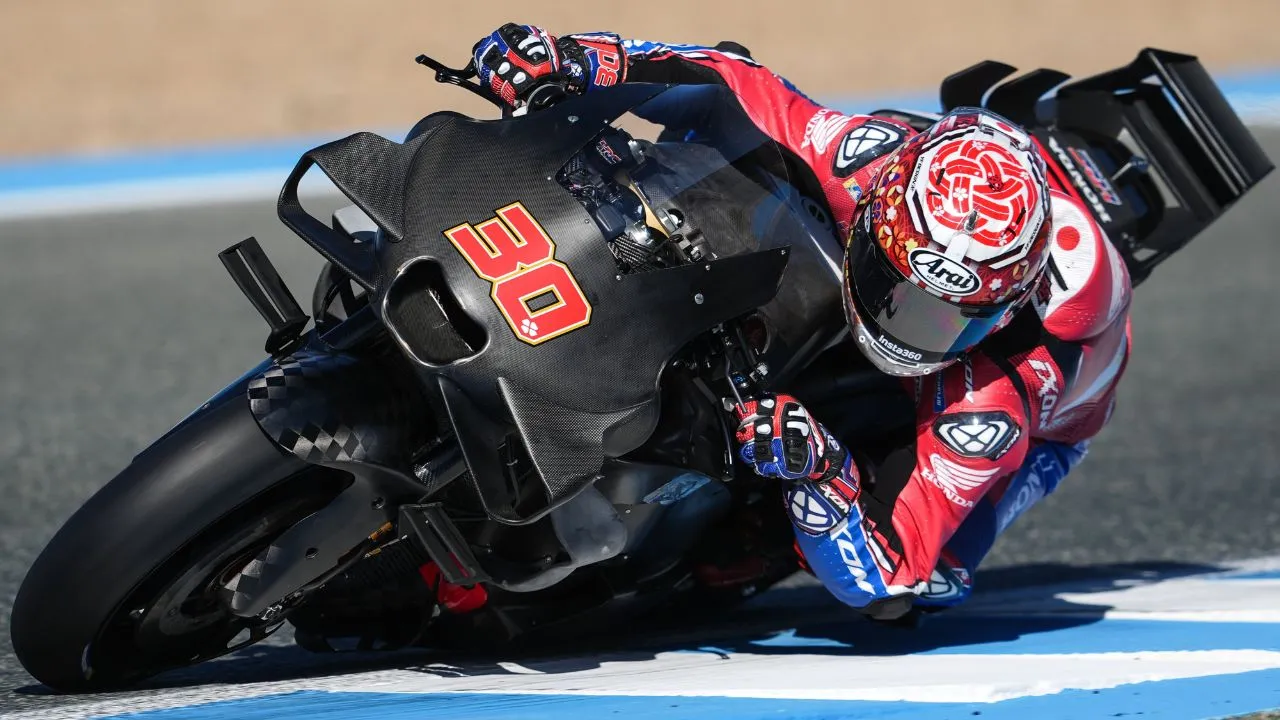
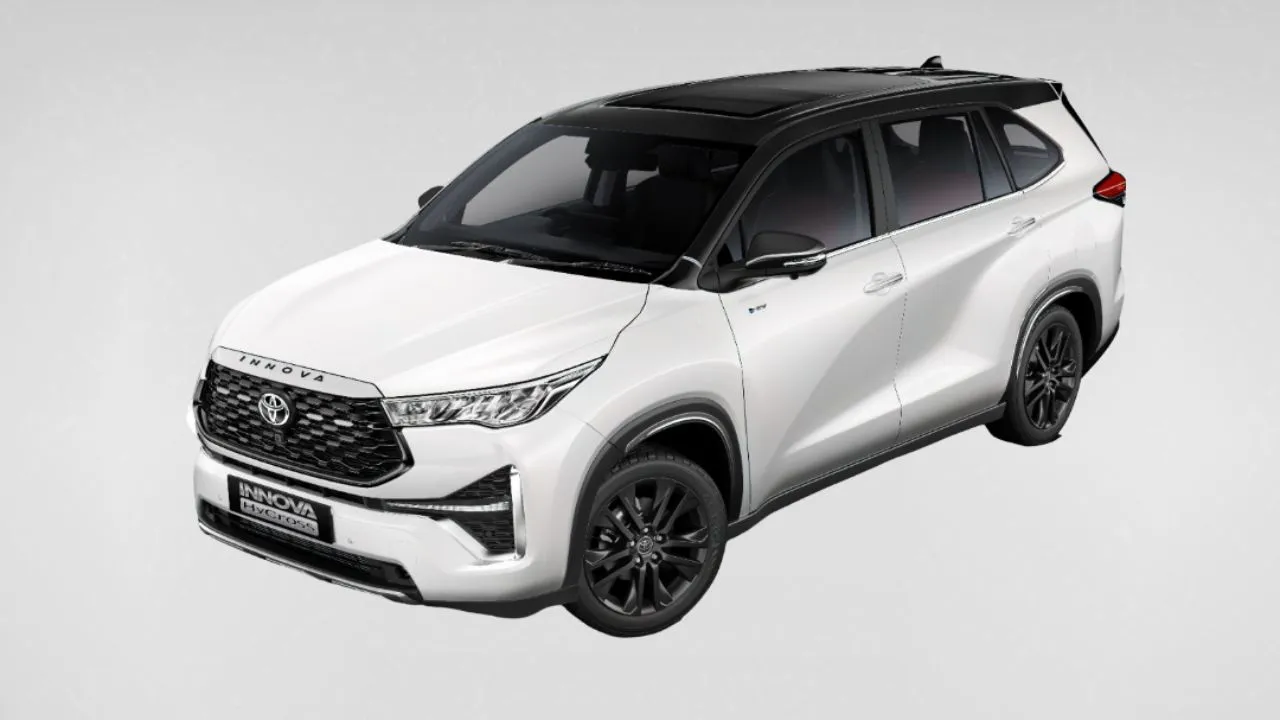
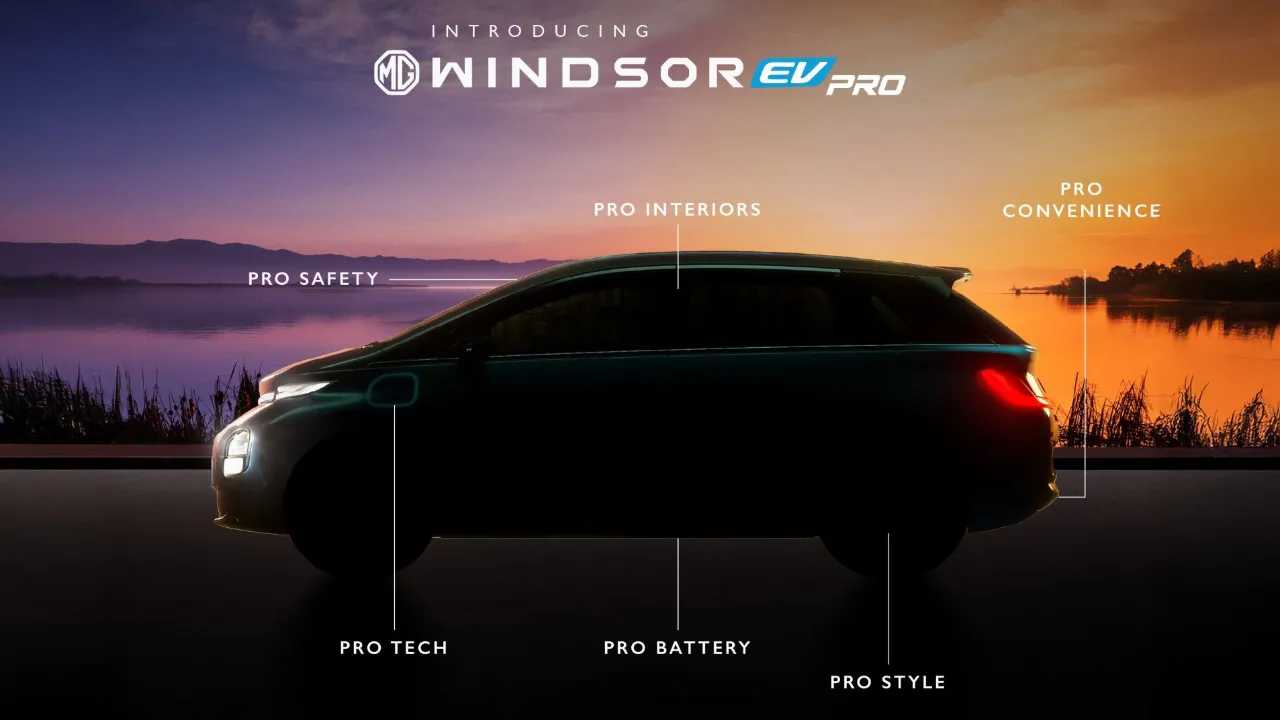




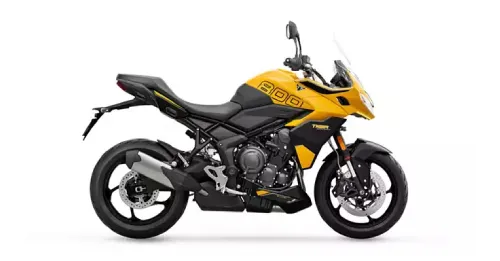














Write your Comment on